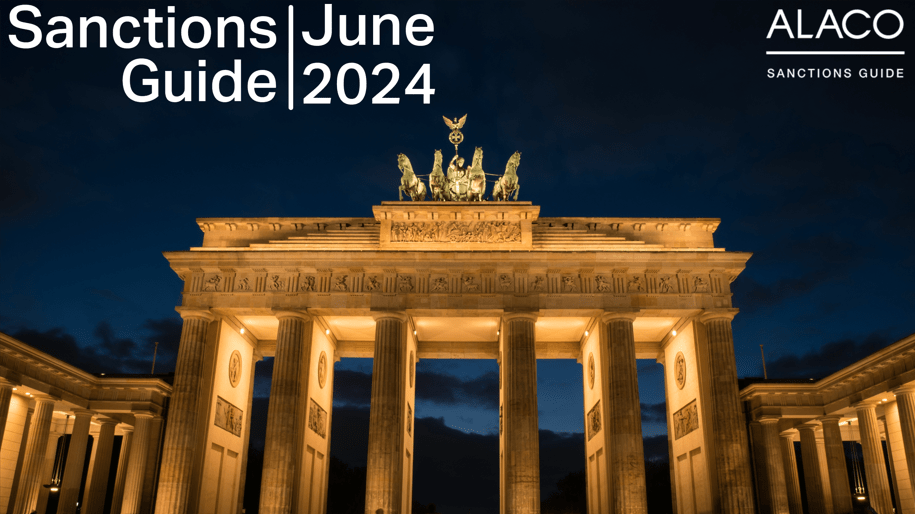June saw a renewed focus on Russia, with the EU adopting its 14th package of sanctions targeting the country. The UK also announced a swath of new designations, while the US expanded the terms of its secondary sanctions to target the provision of IT support services to designated companies in Russia.
The enforcement of Russia-related sanctions, particularly by the US, continued to be a feature of the month’s headlines, with three US nationals arrested for various breaches. OFAC also fined an Italian animation company for remitting funds to a studio owned by the Government of North Korea.
Numerous challenges to Russia listings continue to be heard by the EU General Court, including the notable example of Igor Rotenberg, but none were successful this month.
Outside Russia, designations continued aplenty, with individuals and entities targeted in Ecuador, the Central African Republic, North Korea, Iran and Sudan.
New Russia Measures
- On 14th June, the US expanded its Russian secondary sanctions by designating over 300 targets spanning individuals and entities from the country’s energy, defence, manufacturing and media sectors. The principal expansion to the secondary sanctions involved prohibiting the supply of IT services, as well as conslutancy and design services, including software design and manufacturing, to foreign institutions.
- On the same day, the UK designated 50 individuals and entities on its Russia list, including shadow fleet vessels, suppliers of munitions, machine tools, microelectronics and logistics to Russia’s military, as well as financial institutions such as the Moscow Stock Exchange.
- On 17th June, G7 leaders met to agree to launch ‘Extraordinary Revenue Acceleration Loans’ for Ukraine in order to make in the region of USD 50 million available to the country by the end of the year. Italian Prime Minister Meloni stated the EU will not be a direct party to the loans, which will be led by the US, Canada, the UK and Japan.
- Later in the month, the EU adopted its 14th package of sanctions against Russia, designating 116 individuals and entities including businesspeople, government officials, members of the armed forces, judiciary and FSB, as well as military-industrial companies, including Sovcomflot, the country’s largest shipping company. Specific energy-related measures were also introduced including the prohibition on the reloading services of Russian LNG in the EU for the purposes of trans-shipment to other countries. The measures were later mirrored for the bloc’s Belarus program.
Enforcement
- The UK Court of Appeal this month overturned a controversial earlier ruling by the High Court in the case of Celestia Aviation Services Ltd v UniCredit Bank. The disputes arose after UniCredit refused to make payment to aircraft lessors under letters of credit opened in relation to the lease of aircraft to Russian companies on the basis it would breach US and UK sanctions. The High Court ruled controversially that sanctions did not undermine UniCredit’s obligation to pay, due, amongst other reasons, to the fact that UniCredit would be able to pay by means that would not breach sanctions – specifically if the payment was made in cash.
- A dual US-Russian national, 58 year-old Dimitry Timashev, has pled guilty to conspiracy to violate the Export Control Reform Act by exporting firearms and ammunition to Russia between 2020 and 2023 without the required authorization.
- OFAC fined an Italian animation company, Mondo TV, USD 538,000 for 18 violations of the North Korea sanctions regulations after the company remitted the same amount to a studio owned by the Government of North Korea for outsourced animation work. The wire transfers were paid via US financial institutions, with the knowledge of senior Mondo executives, however OFAC stated that the company had cooperated fully with its investigation.
- On 14th June, two US citizens were arrested and indicted in the District of Alaska for allegedly exporting nearly USD 500,000 worth of snow machines and related parts to Russia without the required licensing.
Delisting
- This month the EU General Court rejected the delisting application of Issam Shammout, who was designated in July 2022 under the bloc’s Syrian program. Shammout is a leading businessman operating in Syria and owner of Cham wings and Shammout Group who is regarded as close with the Assad regime. Shammout sought to dispel notions of proximity to the Syrian regime by pointing out that the government had seized his property for non-payment of debts, but the Court deemed this insufficient.
- The EU General Court rejected the de-listing application of VEB.RF this month. The court held that the criteria as laid out in the sanctions regulations were met, specifically that VEB supported actions which undermine the territorial integrity, sovereignty and independence of Ukraine. The court held that VEB is actively financing the economy of Crimea today and participated in projects within the country’s military and defence sectors.
- The EU General Court also rejected the delisting application of Igor Rotenberg, who was sanctioned due to his association with his father, Arkady Rotenberg, a close associate of Putin, and his positions in “leading Russian enterprises including SGM, Gazprom Drilling and Mosotrest”. Although the court accepted he had ceased to hold an interest in SGM, Mosotrest or Gazprom Drilling at the time of his designation, he still held shares in another entity with sizeable contracts with the Russian state. As such, the delisting application was rejected.
- A Swiss financier, as well as his two sons and eight connected companies, has been delisted by the US after initially being sanctioned for allegedly supporting Suleiman Kerimov’s financial network.
Other Designations and News
- On 3rd June, the EU designated six individuals and three entities connected with North Korean and Iranian military groups for their role in the transfer of UAVs and/or missiles to Russia. The US separately designated four entities associated with the already designated Rayan Roshd Afzar Company in Iran for their involvement in the country’s UAV program.
- Other designations by OFAC included 50 individuals and entities forming a banking network for the Iranian armed forces; three individuals and three entities from North Korea deemed part of a cybercrime network which submitted fraudulent applications related to Coronavirus aid; two Central African Republic entities linked to the Wagner Group; two Ecuador-based drug trafficking entities; three ISIS-linked individuals; and seven Dubai-based entities involved in actions which threaten the stability of Sudan.
- The US Department of Homeland Security added three Chinese entities to the Uygur Forced Labour Prevention Act Entity List and designated the Nordic Resistance Movement as a Specially Designated Global Terrorist entity.
The press reported this month that the US Treasury plans to grant a license to Dan Gertler, the controversial Israeli businessman designated by the US under its corruption program. The license would authorize the sale of his royalty streams from Glencore mining projects in the DRC to the Congolese government. Under the proposal, Gertler would eventually be granted a license to regain access to the US financial system.


